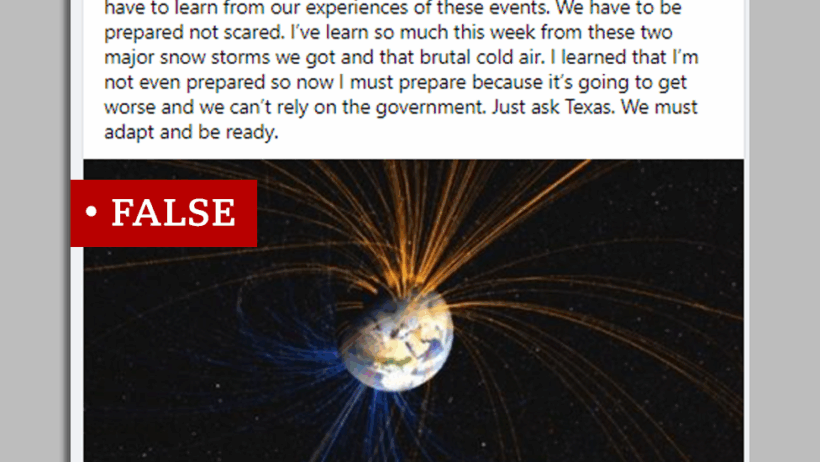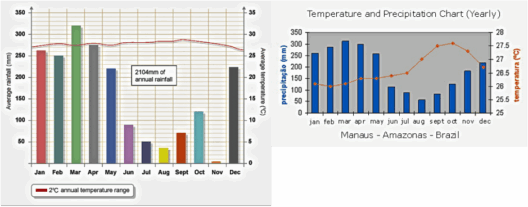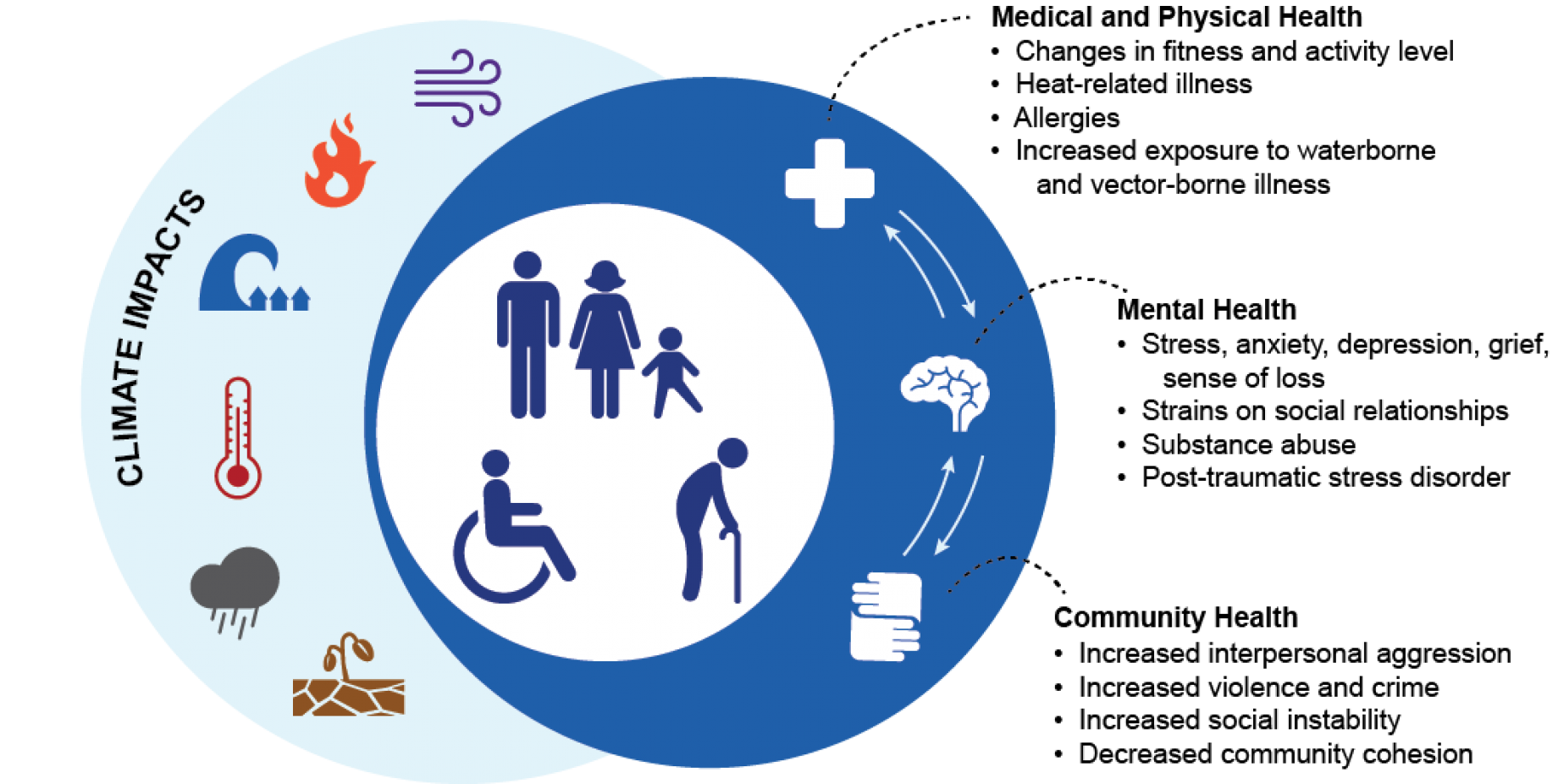Climate change has emerged as one of the most pressing issues of our time. Scientific consensus overwhelmingly supports the idea that human activities are driving climate change, primarily through greenhouse gas emissions. Yet, a significant segment of the global population remains skeptical about its existence or severity. To understand why some people cling to climate change denial, it is crucial to delve into psychological, sociological, and economic underpinnings that contribute to this phenomenon.
It is paramount to acknowledge that the denial of climate change is not simply a matter of ignorance or lack of education. While these factors can play a role, they do not fully encapsulate the myriad reasons individuals may reject the scientific narrative surrounding climate change. Psychological defense mechanisms create barriers to accepting uncomfortable truths, as acknowledging the reality of climate change often invokes feelings of fear and helplessness. This psychological discomfort can lead individuals to resort to denial as a coping strategy.
Furthermore, a core aspect of this denial is deeply intertwined with identity. Climate change is not merely a scientific issue; it has become a cultural and political battleground. Individuals often feel that accepting climate change contravenes their personal beliefs or political ideologies. For many, alignment with a particular political party or community can dictate their stance. This entrenchment can lead individuals to reject scientific facts that conflict with their group’s doctrine, prioritizing loyalty over truth. Thus, the notion of “groupthink” becomes a salient aspect of climate change denial, where consensus within a community can supersede empirical evidence.
Additionally, the role of misinformation cannot be understated. The internet and social media platforms have facilitated the rapid dissemination of misleading information. Individuals may not seek out credible sources but instead engage with content that reinforces their pre-existing beliefs. This confirmation bias fosters an echo chamber, perpetuating misconceptions and discrediting scientific analyses. Engaging with false premises, some individuals may find solace in narratives that downplay climate threats, providing a false sense of security that shields them from the foreboding reality of climate change.
Moreover, economic motivations often impede acceptance of climate change. The fossil fuel industry, for instance, has a vested interest in obfuscating the truth regarding climate changes attributable to carbon emissions. Lobbying efforts, strategic misinformation campaigns, and funding for climate skepticism have been employed to protect economic interests. When livelihoods and economic stability are at stake, individuals may prioritize their immediate financial concerns over long-term environmental sustainability. The struggle for economic power and jobs in industries such as coal, oil, and gas can engender a reluctance to confront the implications of climate change. Such a stance reveals an intricate balance between the need for economic stability and a desire for environmental progress.
Furthermore, rural versus urban dichotomies in belief systems play a role in climate change skepticism. Many rural communities, often reliant on traditional industries, may perceive climate change initiatives as a threat to their livelihoods and way of life. An urban-centric perspective that sees climate change as a dire existential threat can feel alien to someone whose daily experiences reflect a different reality of economic dependence on fossil fuel industries. The chasm between these divergent perspectives fuels misunderstanding and mistrust, prompting skepticism towards political and scientific elites who advocate for climate solutions that seem disconnected from rural realities.
It is also important to consider the influence of leadership and authority figures on public perception of climate change. Political leaders, media figures, and influential personalities hold considerable sway over public beliefs. When authoritative voices dismiss or downplay climate change, followers may adopt similar views. The challenge lies in mobilizing influential leaders to present an unequivocal stance on the urgency of climate action. Their reluctance or outright denial diminishes the credibility of the scientific consensus, thereby complicating the path toward public acceptance.
In conclusion, the reasons behind climate change denial are multifaceted and complex. Psychologically, climate change challenges deeply held beliefs, invoking discomfort and fear. Socioculturally, group identities and traversing communities influence the acceptance of climate science. Economically, reliance on industries invested in fossil fuels fosters cognitive dissonance that leads to denial. Misleading information and the echo chamber effect prevalent in digital discourse further complicate efforts to promote accurate climate understanding. Lastly, the influence of leadership cannot be underestimated, as authoritative disavowals of climate change create systemic barriers to acceptance. Understanding these intricate layers is vital to address climate change denial and shift the narrative towards one that embraces responsible environmental stewardship and collective action. The path toward a more sustainable future necessitates not only an acknowledgment of climate realities but also an empathetic approach to conversations with skeptical individuals, fostering understanding rather than division.








